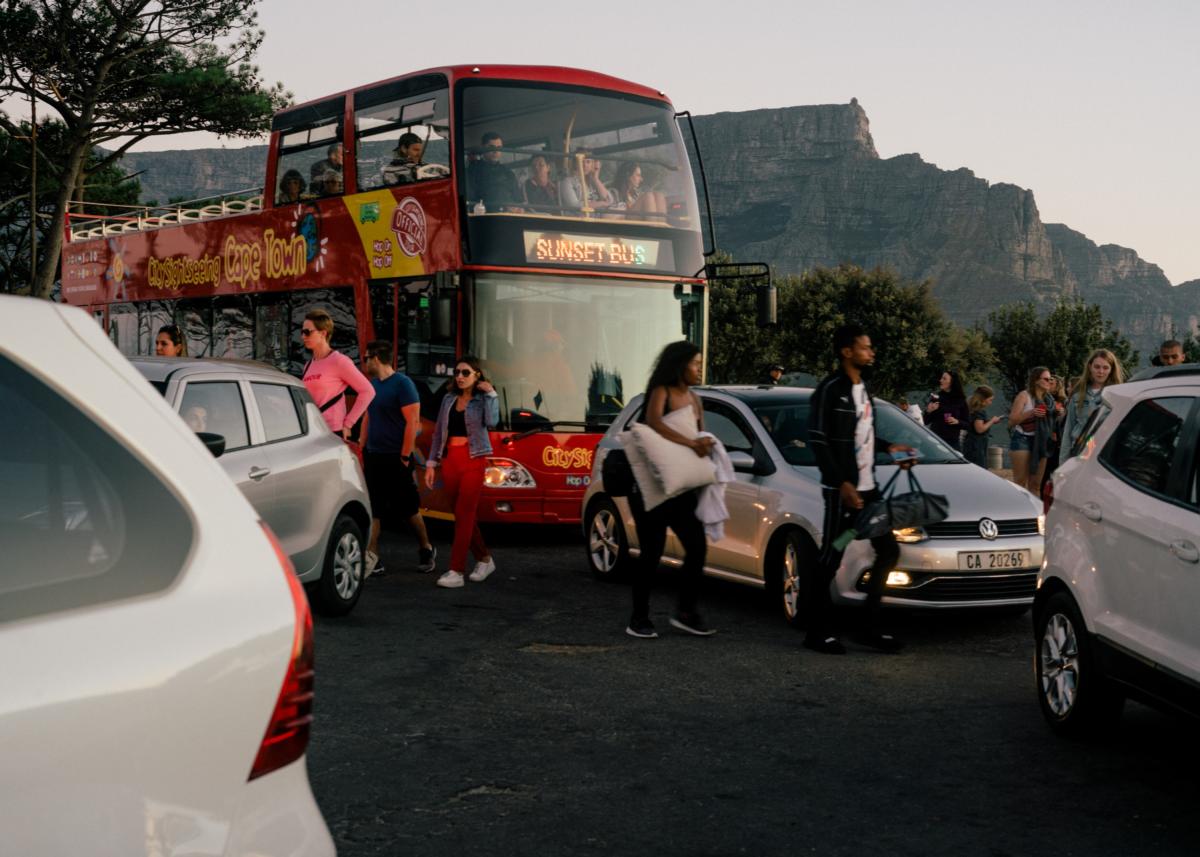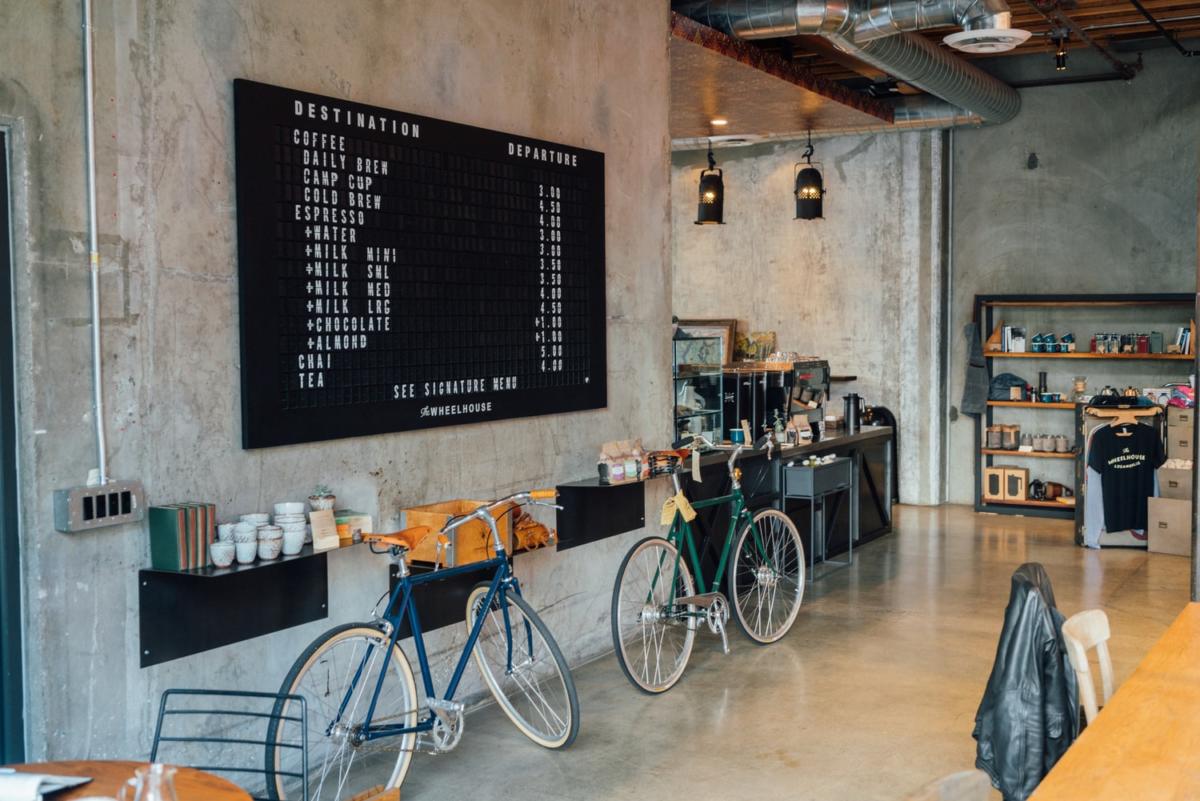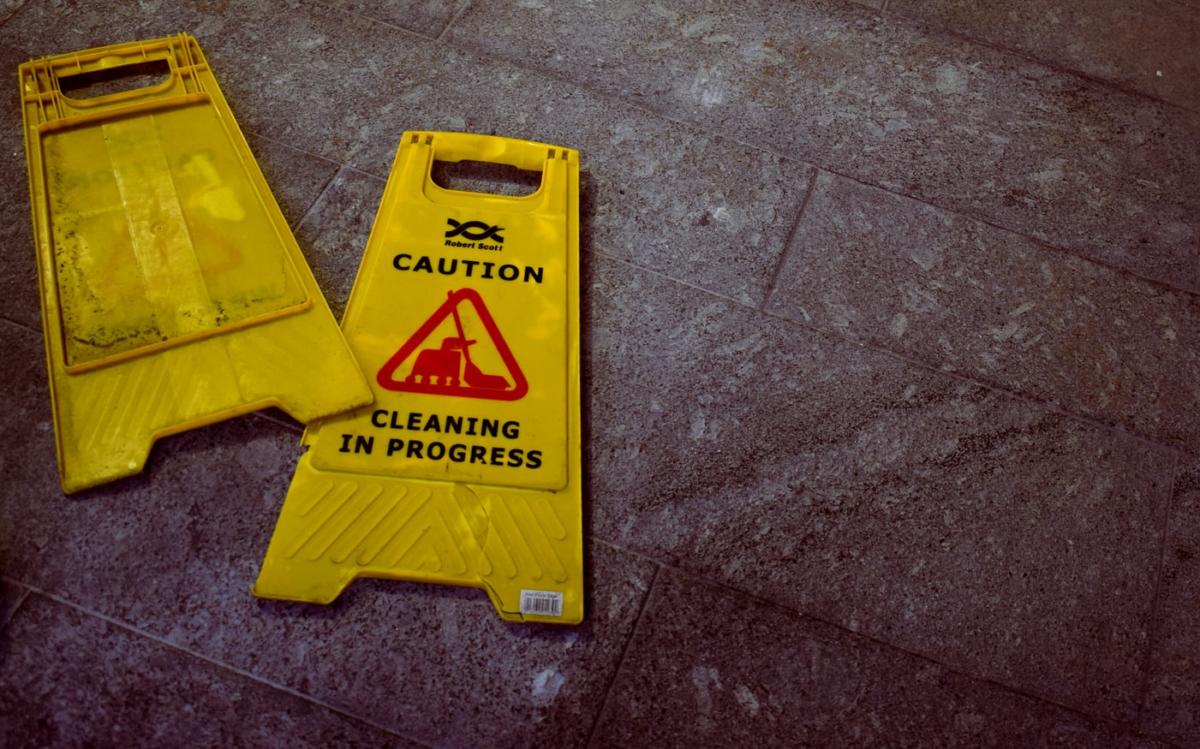Starting a business in hospitality and tourism is an exciting opportunity, but it’s important that you’ve considered the risks involved. From licences to award compliance and employer obligations, our legal team is ready to help.
To start a hospitality or tourism business in the UK, you will need to prepare and register a variety of legal documents. Key requirements include:
- Registering your business name with Companies House (https://www.gov.uk/government/organisations/companies-house).
- Obtaining Employers' Liability Insurance and business insurance (e.g. public liability, property damage).
- Securing Local Authority approval (e.g. planning permission, environmental health) and a lease agreement (if renting premises).
- Having Health and Safety policies and procedures in place, compliant with the Health and Safety Executive (HSE) guidelines (https://www.hse.gov.uk).
- Obtaining any tourism industry specific licenses and permits (e.g. accommodation, tour operator, travel agent) from the relevant local authorities or specific bodies.
For example, if you're engaging in a 'commercial activity' for tourism and recreation, you may need to obtain a licence from the local authority or a specific body like Natural England.
Another example is if you're providing short-term rental accommodation (such as an Airbnb). In this case, you may need to comply with local planning permissions or register with the local council.
Our solicitors are happy to chat about what requirements apply specifically to your business, and guide you through the process accordingly.
If you're running a tourism business, you'll need specific licences or permits to conduct your activities. However, this may differ depending on the local authority or region in which you operate.
For example, if you're engaging in a 'commercial activity' for tourism and recreation, you may need to obtain a licence from the local authority or a specific body like Natural England.
Another example is if you're providing short-term rental accommodation (such as an Airbnb). In this case, you may need to comply with local planning permissions or register with the local council.
Our solicitors are happy to chat about what requirements apply specifically to your business, and guide you through the process accordingly.
If you're starting a hospitality business, you have several legal considerations. One of these is whether you'll need to enter into a lease agreement with a landlord.
A lease agreement sets out the details and conditions under which you can rent the premises. If you're doing so in the context of a hospitality business, you'll need to look into whether your lease agreement allows you to use the premises for commercial purposes (as some agreements do not allow this!).
In this case, the most common option is a Commercial Lease. However, since you'll be bound to the terms of this lease for quite some time, it's important that you get expert legal help when negotiating the terms. This will also affect the flexibility of your business activities on the premises, and your ability to end or extend your lease.
Our lawyers can review your lease agreement to ensure you're in the best position and your interests are protected.





















